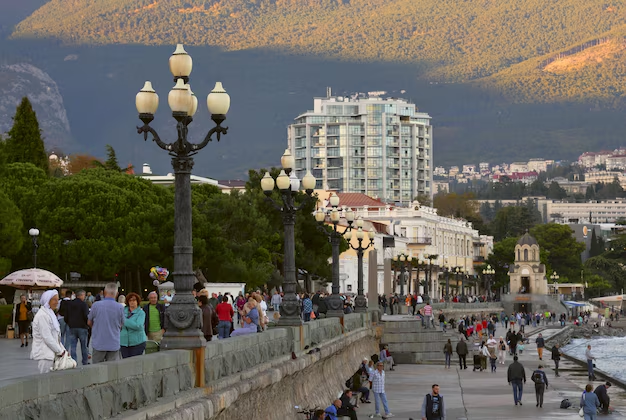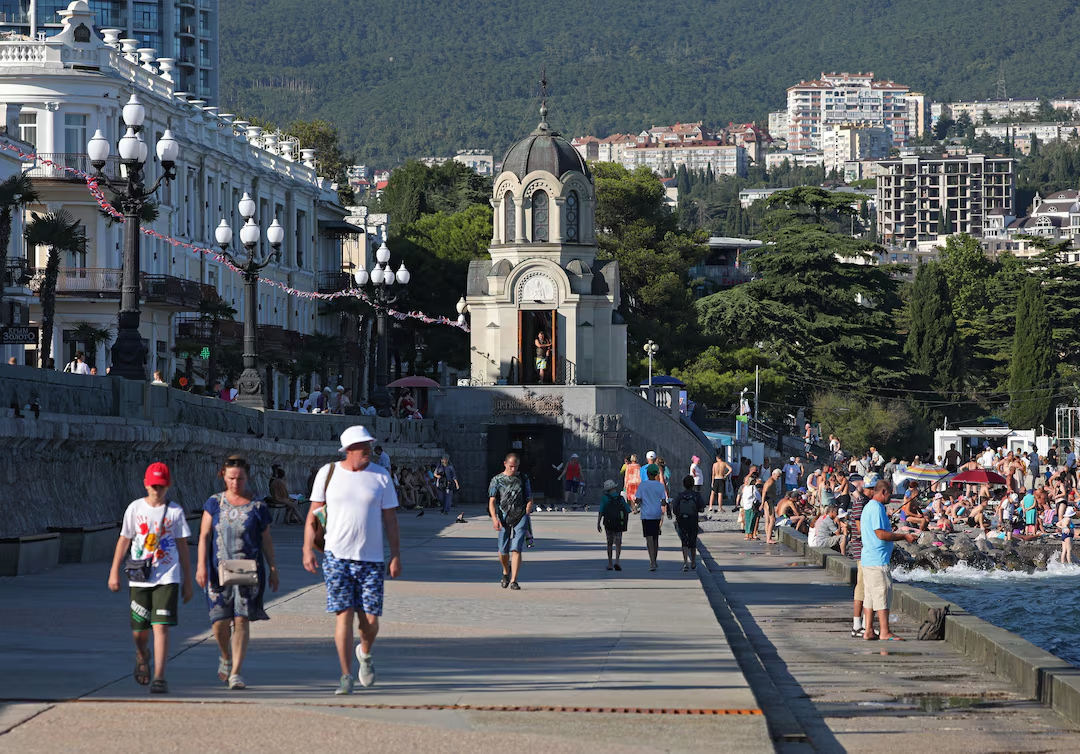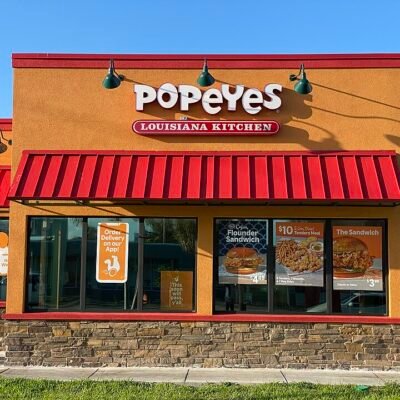Crimea is a small but powerful name in global politics Located on the northern coast of the Black Sea Crimea has been at the center of some of the most intense international debates in recent years Its history is long and complex and the future of the region remains uncertain
This article explores the roots of the Crimea conflict how the region became a global flashpoint and why it still matters so much to both local populations and world leaders
Where Is Crimea and Why Is It Important

Crimea is a peninsula located in Eastern Europe It is surrounded by the Black Sea and the smaller Sea of Azov To the north it is connected to mainland Ukraine by a narrow strip of land called the Isthmus of Perekop
This location makes Crimea very valuable Russia Ukraine and even Western countries like the US and those in the EU see Crimea as a strategic area because of its access to warm water ports its naval bases and its position in the Black Sea which serves as a gateway between Europe Asia and the Middle East
A Brief History of Crimea
Crimea has a long and diverse history Many different groups have lived in or controlled the region over the centuries including Greeks Romans Byzantines Tatars and Ottomans In the 18th century the Russian Empire took control of Crimea from the Ottoman Empire
In 1954 Soviet leader Nikita Khrushchev transferred Crimea from the Russian Soviet Republic to the Ukrainian Soviet Republic It seemed like a minor move at the time because both republics were part of the larger Soviet Union But after the Soviet Union collapsed in 1991 Ukraine became an independent country and Crimea became part of Ukraine
Crimea in Modern Times

Things remained relatively stable until 2014 when the world saw a major turning point in Crimea’s story In early 2014 after protests in Ukraine removed a pro-Russian president Russian forces entered Crimea Within weeks Russia claimed it had annexed the region following a local referendum
Russia argued that most people in Crimea supported joining Russia and that the referendum showed the will of the people Ukraine and most of the world disagreed calling the vote illegal and claiming it was held under military pressure
International Reaction to the Annexation
The annexation of Crimea led to one of the biggest crises between Russia and the West since the Cold War The United States the European Union and many other countries refused to recognize Crimea as part of Russia Instead they imposed sanctions on Russian officials companies and banks
The move also led to Russia’s suspension from the G8 group of major economies and increased military activity in Eastern Europe as NATO allies worried about Russia’s next move
The Ongoing Conflict in Eastern Ukraine
After Russia took over Crimea fighting broke out in eastern Ukraine between Ukrainian forces and pro-Russian separatists backed by Moscow This war has continued for years leading to thousands of deaths and millions of people displaced
Although Crimea itself has seen little direct fighting since 2014 the region remains deeply connected to the larger conflict between Ukraine and Russia and tensions are high
Life in Crimea Today
Since 2014 life in Crimea has changed in many ways Russian laws have replaced Ukrainian ones and the Russian ruble is now the main currency Some infrastructure like roads and bridges has been improved especially the massive Kerch Strait Bridge that links Crimea to mainland Russia
However many international companies have pulled out of Crimea due to sanctions People face limits on free speech and press freedom and ethnic minorities especially Crimean Tatars have reported discrimination and arrests
Crimea has also seen a sharp increase in military presence Russia has turned the peninsula into a heavily fortified zone with thousands of troops and advanced weapons
Crimea’s People and Identity
One of the most complex parts of the Crimea story is the question of identity Crimea is home to a mix of ethnic Russians Ukrainians and Crimean Tatars Each group sees the region differently
- Many ethnic Russians in Crimea feel closer to Russia and supported the 2014 annexation
- Many Ukrainians in Crimea remain loyal to Ukraine and reject Russian control
- Crimean Tatars a Muslim minority who were once deported by Stalin have mostly opposed the annexation and have faced growing repression since 2014
These different views make it hard to find a peaceful solution that satisfies everyone
Legal and Diplomatic Status of Crimea
According to international law Crimea is still part of Ukraine The United Nations passed a resolution in 2014 confirming Ukraine’s sovereignty over the region Most countries support this view and refuse to recognize Russian control
However in practice Russia controls the region completely and has treated it as Russian territory for over a decade This creates a big challenge for diplomacy because any deal between Russia and Ukraine must include the future of Crimea
Crimea in Global Politics Today
Crimea has become a symbol of many larger issues in global politics It raises big questions like
- Should borders be changed by force
- What rights do people have to vote on independence
- How should countries respond to occupation or annexation
As long as these questions remain unanswered Crimea will continue to be at the center of international discussions
Is There a Path to Peace
Finding a peaceful solution to the Crimea issue is very difficult Ukraine demands full control be returned while Russia shows no signs of backing down
Some experts believe the only way forward is a long-term negotiation process that includes guarantees for all ethnic groups in the region But with the war in Ukraine still ongoing and global trust in decline a solution seems far off for now
Final Thoughts
Crimea is more than just a piece of land It is a symbol of national pride deep history and modern power struggles It represents one of the most serious challenges facing the world today how to balance sovereignty democracy and peace in a globalized but divided world
Whether you see it through the lens of Ukraine’s independence Russia’s regional ambitions or global security Crimea will continue to shape the future of international relations
Understanding crimea and its story is key to understanding the wider struggle between nations in our time
Also read – Dick Durbin Politics What Drives the Senate Democrat Leader






